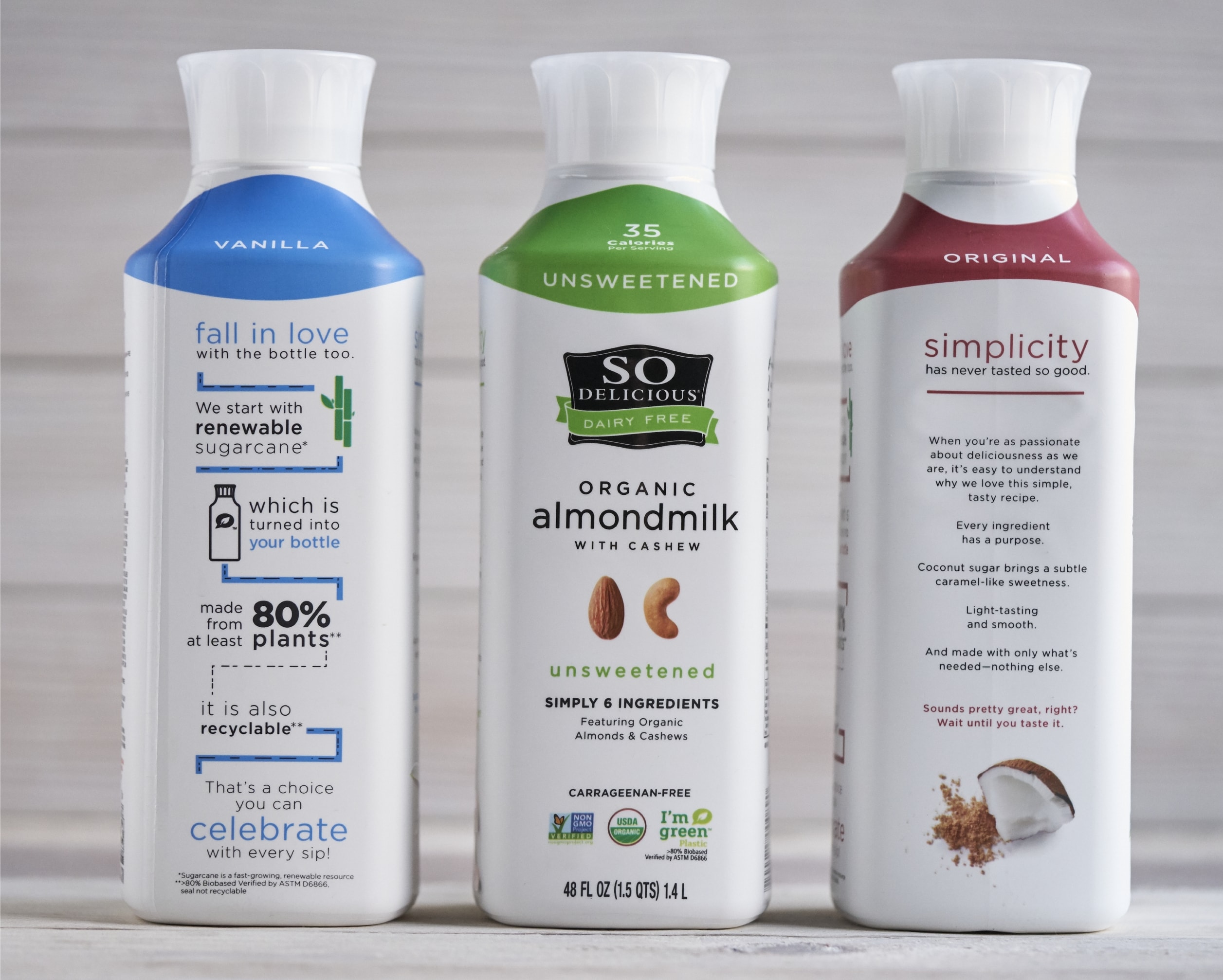PARIS — Groupe Danone wants to be a catalyst in the food revolution. To do so, the Paris-based company needs its brands to perform as activists, said Cécile Cabanis, executive vice-president and chief financial officer.
“(Our brands) must sharpen, and they must share a point of view on how they impact people’s health locally and the planet’s health,” Ms. Cabanis told analysts at the Deutsche Bank dbAccess Global Consumer Conference held June 13 in Paris. “This is why we are constantly strengthening the commitments and achievements of our brands around nutrition, climate, waters, packaging and agriculture.”
In making her point, Ms. Cabanis offered several examples of strategies in play at Danone. First, the company has reduced its carbon intensity by more than 10% since 2015.
“In the U.S., in less than two years, we have transitioned two of our flagship brands, Danone and Danimals, into non-G.M.O. brands,” she explained. “We are fully committed to transition to a circular economy of plastic, which is, as you all know, a growing concern for the industry and where we absolutely need to make sure that waste will become a resource. And we are doing that by sourcing more of our virgin plastic from bio-based resources, by increasing the production of recycled materials in our bottles and packaging in general, and by reducing plastic leakage to the environment via interception and, therefore, steering recycling practices.”
 At the end of 2017, Danone launched a bottle for its So Delicious brand in the United States made from bioplastic with at least 80% plant-based plastic made from sugarcane, Ms. Cabanis said. Additionally, the company’s Evian brand has committed to be 100% circular by 2025. Evian bottles currently are 100% recyclable, and Ms. Cabanis said they will be made of 100% recycled plastic by 2025.
At the end of 2017, Danone launched a bottle for its So Delicious brand in the United States made from bioplastic with at least 80% plant-based plastic made from sugarcane, Ms. Cabanis said. Additionally, the company’s Evian brand has committed to be 100% circular by 2025. Evian bottles currently are 100% recyclable, and Ms. Cabanis said they will be made of 100% recycled plastic by 2025.
Ms. Cabanis noted that while Danone’s past success has been built on strong brands and mass volume, the trend going forward will be on providing products, brands and convenience that are locally relevant to a younger generation that now represents about one-third of the share of consumption.
“Retailing is taking place more and more through online and on-the-go,” she said. “And purchase decisions are now more and more made through recommendation. This is why we are increasing our presence in local and single-serve products. It is why our branding emphasizes health and nutritional benefits.”
She said Danone is expanding its e-commerce capability and adapting its organization to make sure that innovation is locally relevant. Danone also is focused on sharing information across regions with suppliers and customers that are fully part of the solutions in order to be more relevant in the innovations that the company is providing, she said.




